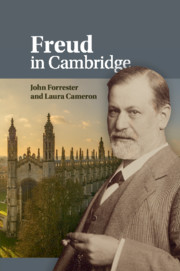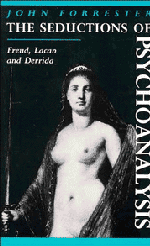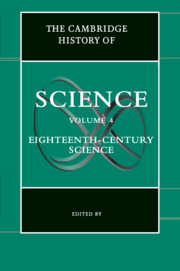Freud in Cambridge
Freud may never have set foot in Cambridge - that hub for the twentieth century's most influential thinkers and scientists - but his intellectual impact there in the years between the two World Wars was immense. This is a story that has long languished untold, buried under different accounts of the dissemination of psychoanalysis. John Forrester and Laura Cameron present a fascinating and deeply textured history of the ways in which a set of Freudian ideas about the workings of the human mind, sexuality and the unconscious affected Cambridge men and women - from A. G. Tansley and W. H. R. Rivers to Bertrand Russell, Bernal, Strachey and Wittgenstein - shaping their thinking across a range of disciplines, from biology to anthropology, and from philosophy to psychology, education and literature. Freud in Cambridge will be welcomed as a major intervention by literary scholars, historians and all readers interested in twentieth-century intellectual and scientific life.
- Proposes a new view of the history of psychoanalysis and its impact on British intellectual life in the first part of the twentieth century
- Demonstrates the profound linkage and interplay between Freudian ideas and other fields, and the early importance of a distinctively British psychoanalysis
- Recounts an original and surprising story of how psychoanalysis structured - and was structured by - individual lives and academic disciplines
Reviews & endorsements
'Freud in Cambridge is an extraordinary and detailed account of an aspect of the British life of psychoanalysis little examined in intellectual history. Cambridge seems on its surface less rich than the London centre of psychoanalysis. Yet what Forrester and Cameron show is how extraordinarily rich this tale is … Without a doubt this is one of the most important books on twentieth-century British intellectual history I have read in a very long time.' Sander L. Gilman, author of Freud, Race, and Gender
'In this wonderful book, John Forrester and Laura Cameron explore a forgotten moment in the impact of Freud's ideas in the UK, bringing to life widespread excitement about, and engagement with, psychoanalysis in Cambridge in the early twentieth century.' Liz Bondi, University of Edinburgh
'Despite its in-depth scholarship, the pace of the engaging narrative rarely flags and it is as consistently entertaining as it is informative.' Ann Kennedy Smith, The Times Literary Supplement
'Another of the strengths of this book is its considerable creativity and originality will reach a broader scholarly (and even a general audience) than competing books about Cantabragians not mentioned in standard histories of Freud's influence.' Jason Wakefield, Avello Publishing Journal
'Freud in Cambridge will appeal to novel-readers as much as to historians and psychoanalysts, providing a treasure trove of anecdotes and gossip, along with rich analysis of intellectual trends.' Maud Ellmann, Psychoanalysis and History
'… in writing a history of Freud marked precisely through his absence, the authors draw together a diverse and fractured history, one that fills a geographical vacuum. Enabling their readership to picture and to populate a history of Cambridge, crucial to our developing understanding of a particularly English appropriation of Freud.' Hazel Morrison, Journal of Historical Geography
'In producing this impressive book the authors have used a wealth of sources, including many previously unpublished letters and other documents located in various archives. … this is a thoroughly readable, insightful and very welcome volume. Most importantly, it represents a fitting legacy for John Forrester …' Geoffrey Cantor, Psychodynamic Practice
'Together, Forrester and Cameron produced a magnificent work of scholarship, nearly seven hundred pages in length, chronicling the development of Freudian thought in Cambridge. A tour de force of intellectual history and 'local history' … a fitting testament to John Forrester's many contributions to the development of psychoanalytical scholarship.' Brett Kahr, Confer (www.confer.uk.com)
Product details
February 2019Paperback
9781108713023
717 pages
230 × 153 × 40 mm
1.03kg
44 b/w illus. 1 map
Available
Table of Contents
- List of illustrations
- Preface
- Acknowledgements
- Abbreviations
- 1. Introduction
- 2. Tansley's dream
- 3. W. H. R. Rivers, the English Freud
- 4. Becoming Freudian in Cambridge - undergraduates and psychoanalysis
- 5. Discipline formation - psychology, English, philosophy
- 6. The 1925 group
- 7. The Malting House Garden School
- 8. A psychoanalytic debate in 1925
- 9. Bloomsbury analysts
- 10. Freud in Cambridge?
- Bibliography
- Index.






